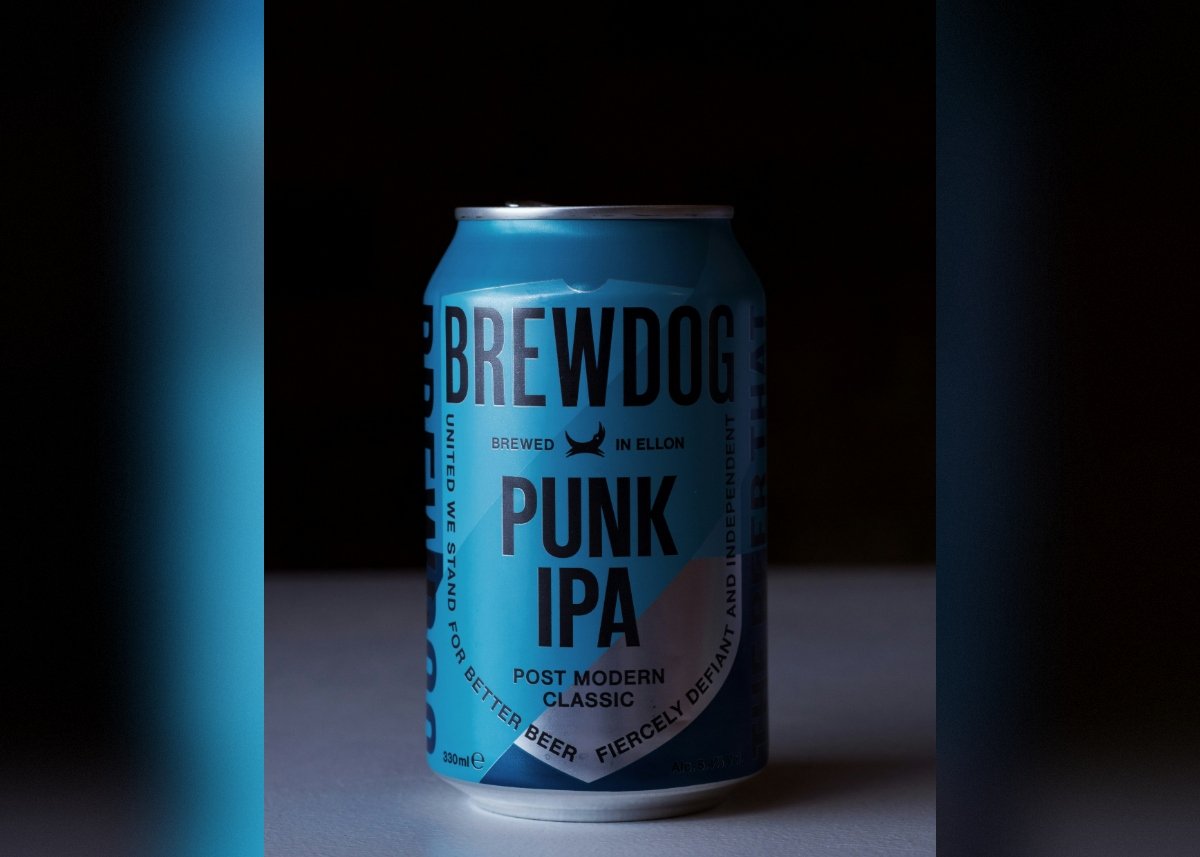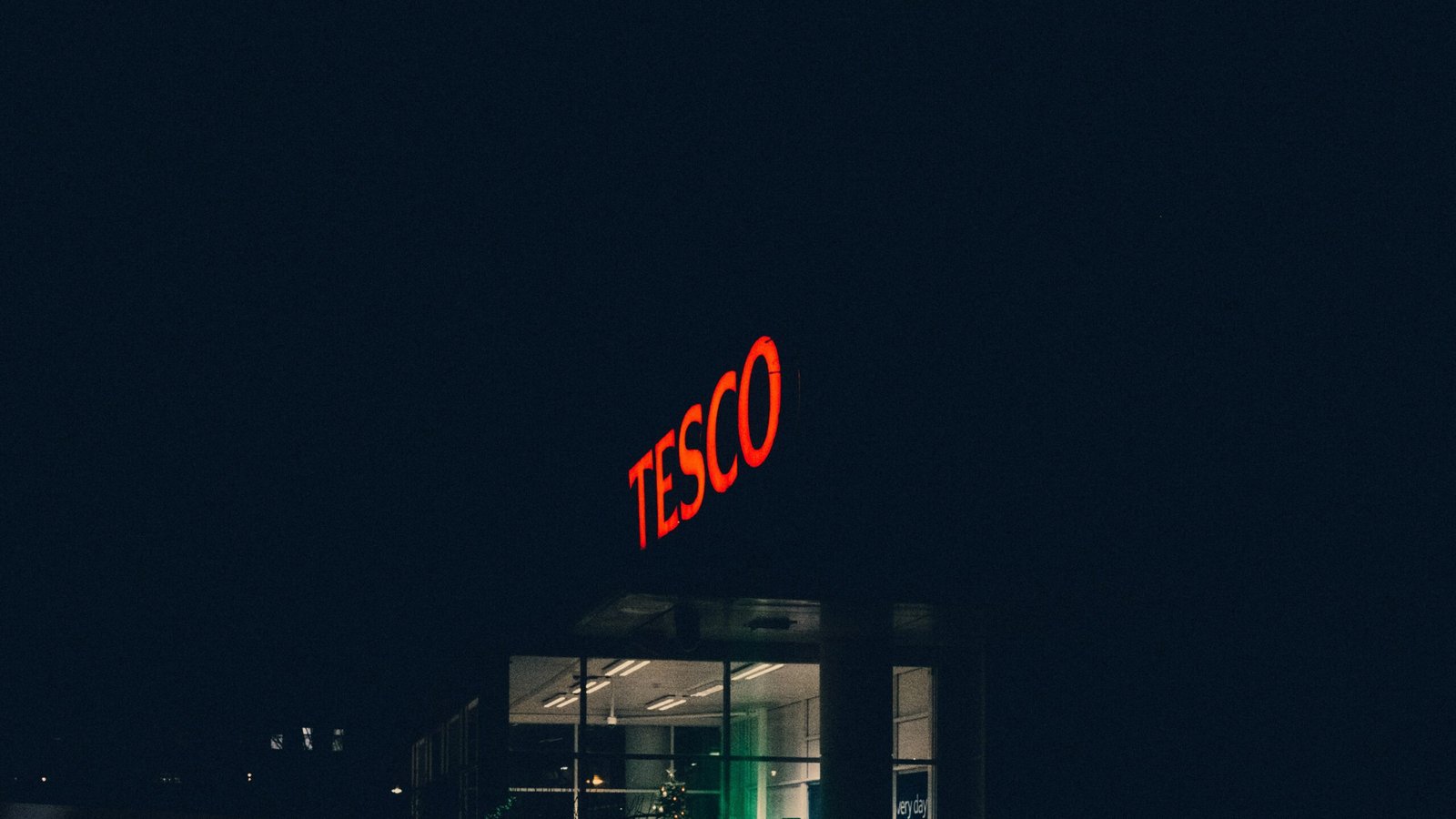In the food industry, safety is non-negotiable. For manufacturers, distributors, and retailers alike, a robust Food Safety Management System (FSMS) is essential, not only for regulatory compliance but also for brand protection and consumer trust. Among the most recognised standards worldwide are ISO 22000, FSSC 22000, and BRCGS. While all three share the common goal of ensuring food safety, they differ significantly in structure, scope, and application.
ISO 22000: A Flexible, Global Framework
Developed by the International Organisation for Standardisation (ISO), ISO 22000 provides a versatile framework that can be applied to any organisation across the food supply chain, from farm to fork.
Key Features
- Built on the ISO High-Level Structure, enabling seamless integration with other ISO standards.
- Based on HACCP (Hazard Analysis and Critical Control Points) principles and risk-based thinking.
- Scalable for organisations of all sizes and types.
Best Suited For
Companies seeking a globally recognised FSMS without requiring GFSI (Global Food Safety Initiative) benchmarking. ISO 22000 is particularly valuable for businesses already aligned with ISO standards and aiming for consistency across management systems.
FSSC 22000: ISO-Based with GFSI Recognition
FSSC 22000 (Food Safety System Certification) builds on ISO 22000 by introducing sector-specific requirements and achieving GFSI recognition. This makes it a preferred choice for organisations aiming for international credibility.
Key Features
- Combines ISO 22000 with additional prerequisite programs (PRPs).
- GFSI-benchmarked, often demanded by global brands.
- Integrates with other ISO management systems.
- Certification is valid for three years, supported by annual surveillance audits.
Best Suited For
Organisations that want the structure of ISO standards while also meeting customer or market requirements for GFSI recognition.
BRCGS: Retailer-Driven and Highly Prescriptive
Originally developed by UK retailers, BRCGS (Brand Reputation Compliance Global Standards) is among the most prescriptive food safety standards, focusing heavily on product safety, quality, and operational control. With GFSI recognition, it is widely accepted by major retailers in the UK, USA, and Canada.
Key Features
- Detailed requirements for hygiene, traceability, and product control.
- Strong emphasis on brand protection and customer assurance.
- Requires annual audits and continuous improvement.
Best Suited For
Suppliers to large retailers or brand owners who demand strict compliance and traceability. BRCGS is particularly relevant for private-label manufacturers and organisations in tightly regulated markets.
Summary of key differences
| Feature | ISO 22000 | FSSC 2200 | BRCGS |
| GFSI Recognition | No | Yes | Yes |
| Flexibility | High | Moderate | Low (Prescriptive) |
| Integration with ISO Systems | Seamless | Seamless | Limited |
| Retailer Requirements | Rare | Sometimes | Often Mandatory |
| Audit Frequency | Every 3 years (with surveillance) | Every 3 years (with surveillance) | Yearly |
| Focus | FSMS Framework | FSMS + Sector – Specific requirements | Product Safety, Quality, and Compliance |
Benefits of Certification
Adopting a recognised food safety standard brings tangible advantages:
- Improved food safety and reduced risk: Structured hazard control supports compliance and minimises incidents.
- Customer and consumer confidence: Certification demonstrates a visible commitment to safety and quality.
- Access to new markets: GFSI-recognised standards such as FSSC 22000 and BRCGS unlock opportunities with global brands and major retailers.
- Operational efficiency: Standardised processes drive productivity and reduce waste.
- Brand protection: Certification reinforces reputation through proactive risk management.
- Continuous improvement: Standards such as BRCGS embed ongoing development and accountability into company culture.
How QHSE ABERDEEN Supports Businesses
You Might Also Like:
No related posts.
Selecting the right standard is just the beginning; successful implementation and maintenance require expertise, planning, and commitment. QHSE ABERDEEN has the knowledge and experience to guide organisations at every stage of their food safety journey:
- Gap Analysis: Identifying current system strengths and areas for improvement.
- Implementation Support: Assisting with documentation, training, and building compliant FSMS frameworks.
- Internal Audits: Providing rigorous, objective assessments to prepare for certification.
- Integration: Aligning food safety systems with existing ISO standards.
- Post-Certification Support: Helping businesses maintain compliance, address non-conformities, and drive continuous improvement.
The choice between ISO 22000, FSSC 22000, and BRCGS depends on organisational goals, customer expectations, and market requirements. Whether pursuing the flexibility of ISO 22000, the global recognition of FSSC 22000, or the retailer assurance of BRCGS, QHSE ABERDEEN offers the expertise to ensure success. By investing in certification, businesses not only protect consumers and strengthen their brand but also unlock new opportunities for long-term growth and resilience.



















